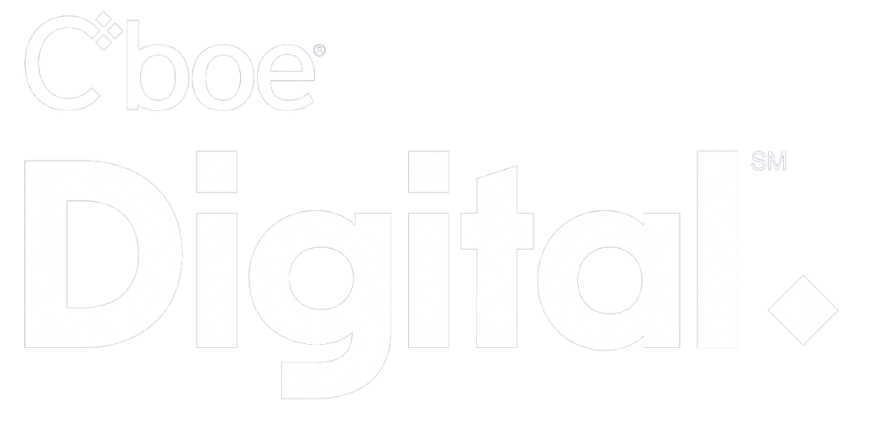Kaiko partners with D2X to provide reference rates for futures settlement

Trusted information from all markets, on all networks.
Kaiko empowers businesses with actionable and reliable crypto data solutions.
Explore Our Suite of Data Products
Market Data
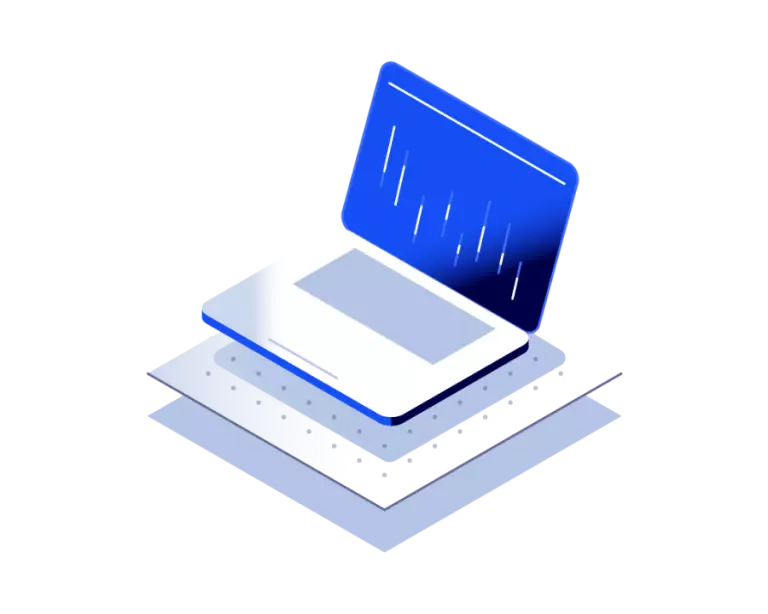
Tick-level and aggregated trade, order book and derivatives data from 100+ exchanges.
DeFi & Blockchain
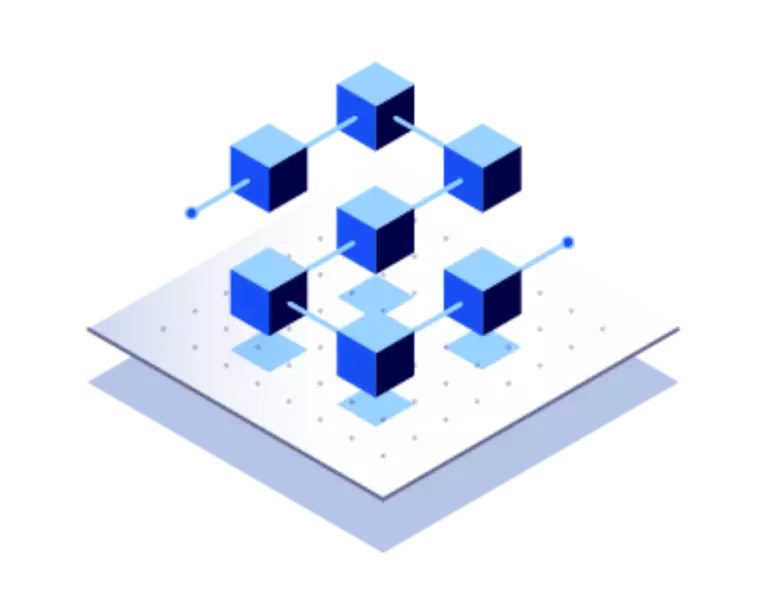
On-chain data covering the most liquid DeFi protocols and networks.
Analytics
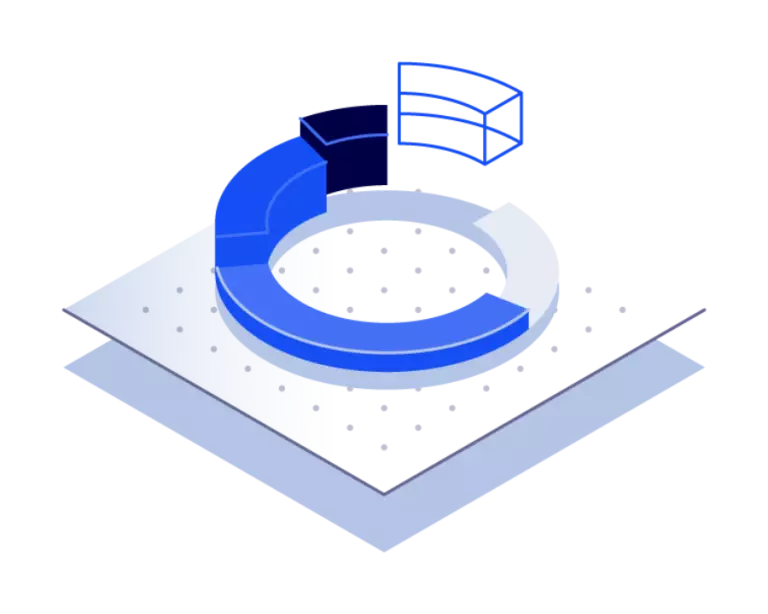
Risk metrics, pricing solutions, and portfolio tools for financial professionals.
Rates & Indices
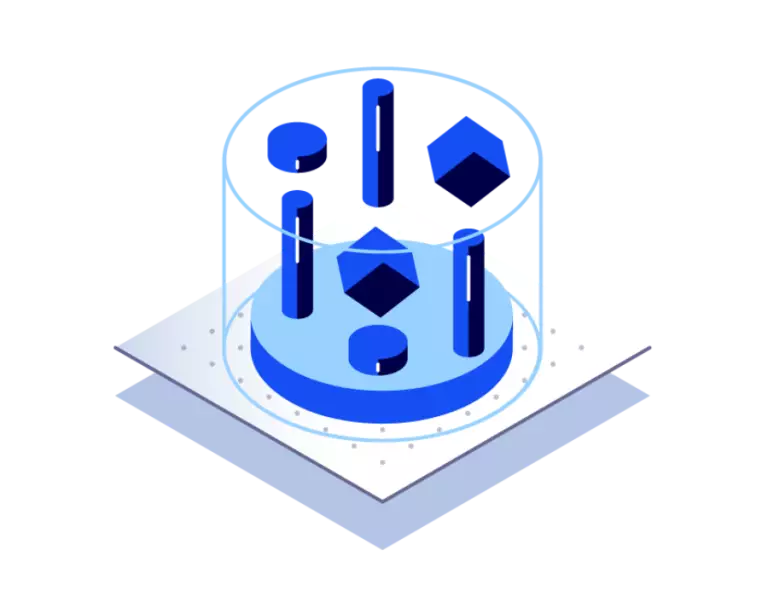
Trusted and reliable crypto benchmakrs, administered by Kaiko Indices.
100 +
CEXs and DEXs
Covering the entire crypto market.
20 +
Data Types
Empowering a range of use cases.
200 k+
Traded Instruments
Spot, futures, options, and DeFi pools.
10 +
Years of History
The oldest historical data in the industry.
Discover Our Award-Winning Research
Browse Our Latest Data Guides
The Latest From Kaiko


